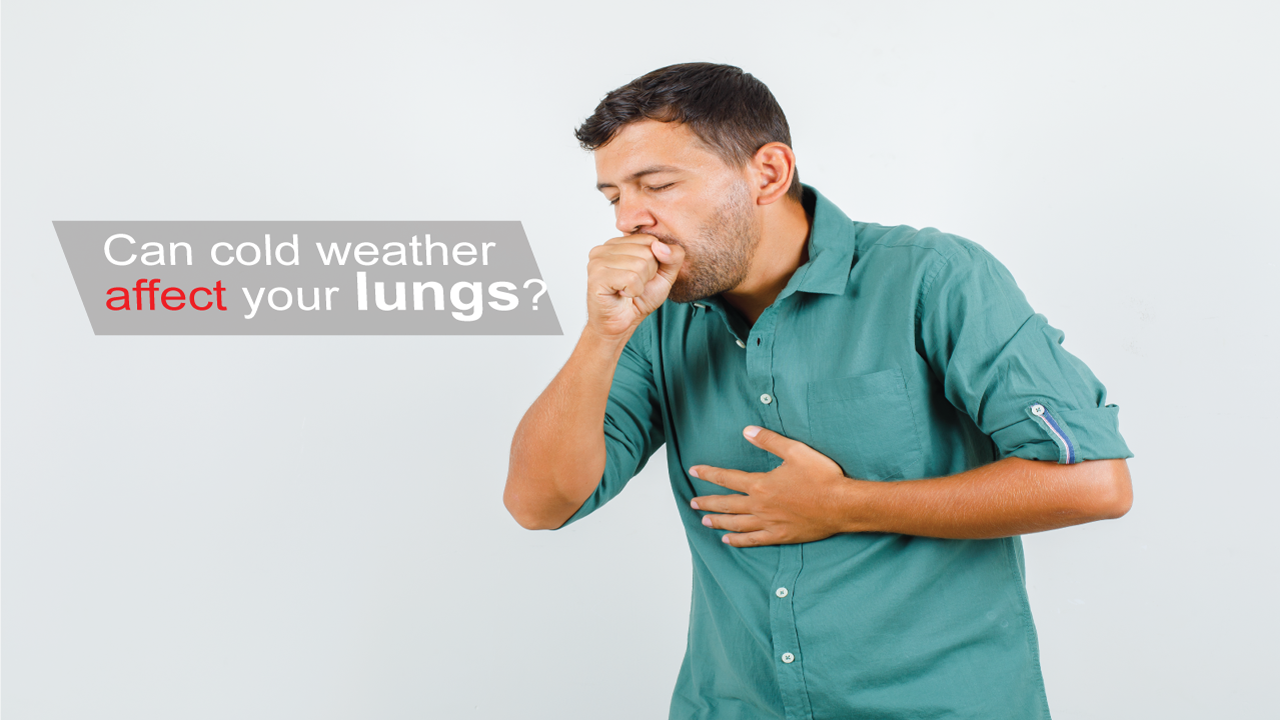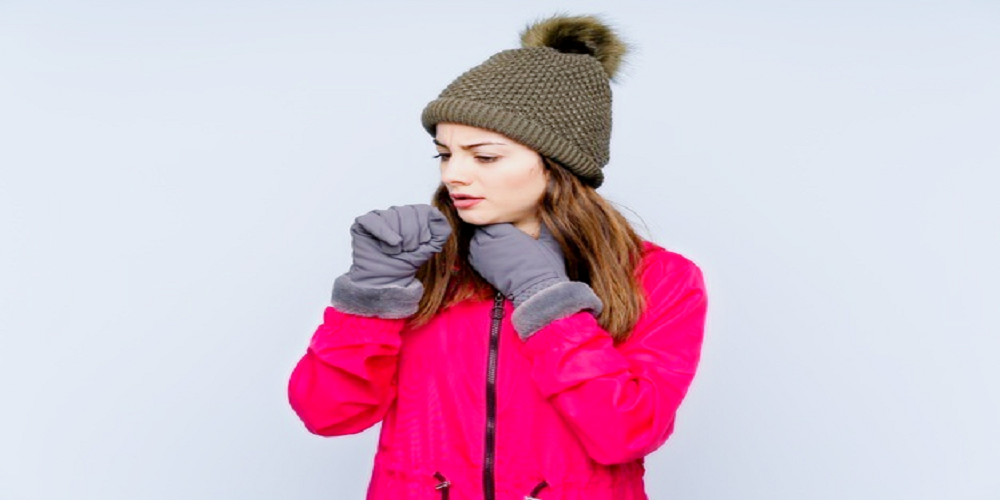Can cold weather affect your lungs?
We know how to protect our skin from injury once we’re out in sub-freezing temperatures.
But extreme cold can also affect very important organs, such as the center and lungs. For example, a cold will make your heart beat faster, which will increase your pressure.
“It’s a different matter. However, the body responds to cold,” “The body’s first response is to stay in the heat. Thus the blood vessels constrict to stay in the heat. The center also beats faster, Due to which the pressure can increase. All this can have an impact on the Centre.
Hypothermia and the heart
A severe wind chill only makes things more durable on your heart because the wind also steals a lot of body heat, which can lead to a physical condition.
In hypothermia, your core body temperature drops to 95 F. This happens when your body can’t manufacture enough energy to keep the internal blood warm enough. Symptoms include lack of coordination, disorientation, slow reactions, tremors and drowsiness.
For individuals with underlying cardiopathy, the extra work your body needs to do to retain heat can lead to pain and possibly even heart failure.
If you do this often, be sure to debate exercise points with your doctor, especially with strenuous activity.
According to the Yankees Heart Association, heart disease is the explanation for most hypothermia-related deaths.
Once you combine atmospheric conditions with an energetic activity, such as shoveling snow or walking through severe, wet snow or snowdrifts, your heart is under even greater stress. Take frequent rest breaks while shoveling so you don’t overdraw your heart.
You should do this type of strenuous work the same way you do vigorous exercise.
That’s why it’s important to stay well hydrated by drinking fluids and decorating with warmth.
Cold air and your lungs
Cold air can also impact your respiratory – particularly if you have got a respiratory organ sickness like asthma or chronic obstructive pulmonary disease (COPD).
For individuals with COPD, cold air will trigger spasms within the respiratory organ, making symptoms almost like associate respiratory disorder.
“You may be extra breathless, or experience out of breath, you would possibly cough or begin to wheeze. You additionally may additionally experience a bit of tightness in the chest”
“All of these can be signs and symptoms that you must get indoors”
Both doctors agree it’s vital to decorate warmly once the mercury drops which layers area unit an honest thanks to insulating your body. The layers entice heat air next to your body.
It’s additionally an honest plan to wear a hat thus heat doesn’t escape through your head. cowl your nose and mouth with a shawl that the air is heat before it enters your lungs.


